“No, I’m not South Asian,” White Elephant Writer/Director on Identity
June 9, 2022 By Go BackIf you’ve seen the trailer for my debut feature film, White Elephant, and learned it was written and directed by some guy named Andrew Chung, I already know what you’re thinking. Why is the main character a girl and why is she South Asian? I know this because it was a question I got as early as when I sent out the script to colleagues for the first time. I was asked this by almost every single person who read it. And if it wasn’t asked, I received awkward responses back that focused less on the strength of the story and more on who was writing it, the subtext of offense permeating their words. But listen, I get it. I really do. In fact, getting it is what inspired me to make films in the first place.
I get how extraordinarily important it is to have those from a particular community tell the stories of those in that same community. Their cultural perspective and specificity of lived experience within that culture are irreplaceable. I’m Chinese. I hate it when someone who is not Chinese tells the story of a Chinese person. I HATE it deep in my bones. Okay, you say, then how dare you? How dare you speak for another community? And you’re not wrong for asking me this. I did make an unusually audacious choice.
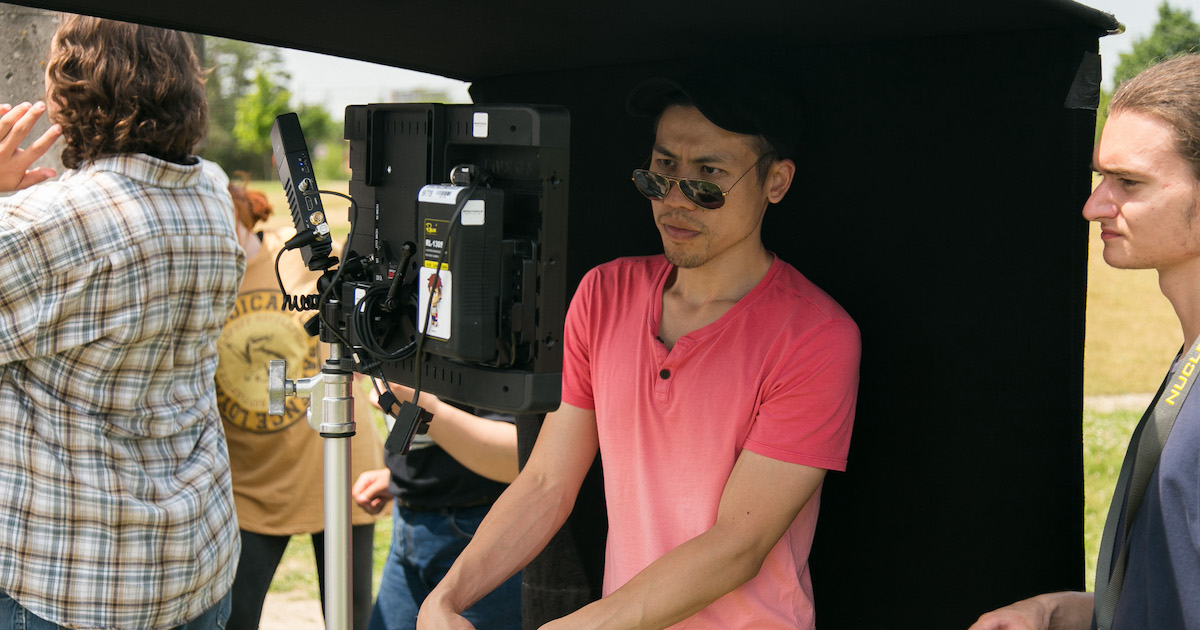
But what if I told you that my parents were born and raised in India? What if I told you my parents spoke Hindi? What if I told you roti and curry were household staples, as much as Bollywood movies on Sundays?
What if I told you that I grew up on stories of my parents lives in Kolkata (then called Calcutta)?
Like how my grandfather, who was also born and raised there (and spoke both Hindi and Bengali fluently), took over his father’s store, selling shoes after losing his job at the Chinese Embassy…
Or how my mom would regularly go to the local ornate movie theatre to watch epics like Ben Hur and Cleopatra for a couple rupees – the cheap seats were at the front for 45 paisa…
How my grandmother, like every housewife at the time, would have to kill live chickens to eat by doing as the Queen of Hearts once said. An unsettling sight when they would run loose!
Or how coming to Canada was probably one of the hardest and saddest days of my mother’s life.
What if I told you I grew up in the Finch and Kennedy neighbourhood of Scarborough, Ontario in the 80’s and 90’s, predominantly populated by second generation Indians, Sri Lankans, Guyanese, Saudis, Syrians, Trinidadians, Jamaicans, and Somalis?
That my first high school crush was on a girl named Nazima…
Or that my best friend growing up was named after the Hindu elephant deity, Ganesha (which if you’re savvy enough, you’ll notice appears throughout the film).
Would my choice to tell this story then be so audacious?
I asked myself that same question before I began writing this film.
I ultimately decided that context is important. Despite our need to categorize and crystallize everything, I concluded that people, like stories, have nuance. In a sea of polarizing takes, I concluded that nuance has been lost in a time where social media rage and elitist moral superiority has become a commodity. A time where there are only ever two sides to a story. Are you right or wrong? Are you a progressive or an anti-masker? Are you Team Amber or Team Johnny? And regardless of which you choose, to the other side, you’ll never be more than just the bad guy.
No, I’m not South Asian. In fact, I’ve never been to India. I’m Chinese and I was born in Canada. Raised in a Chinese-Indian-Canadian household. A rare cultural combination only shared by my fellow Hakka Chinese in Canada.
Large communities of Hakka Chinese immigrated to India as early as the late 1700’s in Calcutta, the easiest metropolitan area to access from China by land. Ever had Indian-Chinese food? If you live in Toronto or Vancouver, you probably have. That’s us. Indian flavours permeate our cuisine. The Hakka culture has always been a fusion of cultures, because our people are historically nomadic. Large Hakka communities have settled in Jamaica, Mauritius, India, Canada, Sweden, the US, and more. We’re not the type of Chinese people you see on TV from Asia. We’re not the type of Chinese-Canadians you see on Canadian TV either. The Chinese characters for Hakka literally mean ‘guest families’. Even amongst the Chinese themselves we’re seen as different. Significant acts of discrimination and genocide have been committed against my people throughout history. We are generational outcasts. This is the type of cultural specificity that could never be captured in a Twitter conversation.
But coming from such cultural specificity can be remarkably suffocating to a filmmaker today, where, through the subtext of offense, you’re pressured to tell stories that only belong to your specific culture and are remiss to do otherwise. But I’m a human and artist first. Empathy is the mark of any artist, so my interest and curiosities are often in others. And if I managed to capture my curiosities and merge them with parts of my unique cultural background and story, then I somehow captured the ever-allusive lightning in a bottle that so many artists covet.
For me, “White Elephant” is that lightning in a bottle. It’s not perfect by any means, but it poured out of me quickly upon reflecting on my most acute feelings of alienation during my adolescence. Back then, I felt just like everyone else, but at the same time more different than I wanted to admit to myself. Much like Pooja in the film, I tried desperately to fit in with the dominant culture I saw in movies and television, despite being surrounded by the opposite. I saw whiteness as my pearly gates to happiness and success. And I internalized an apathy for dark skin borne from what I watched on TV, and the resentment I carried from the hardships I experienced in my impoverished neighbourhood. Race, whether I consciously knew it or not, was impacting my day-to-day life in a real way. It changed who I decided to spend my time with. It changed how I treated certain people. It changed the way I saw myself. All for the worse.
Ironically, that’s why I wanted to make “White Elephant” – to help anyone who needed it, change the way they saw themselves. This time, hopefully for the better.
But no, I don’t see myself as South Asian either. Or as a girl for that matter. I do however see myself deeply connected to them. Connected in a way that only nuance could explain. Because as my hero, Bruce Lee, once said, “Under the sky, under the heavens, there is but one family. It just so happens… that people are different.”






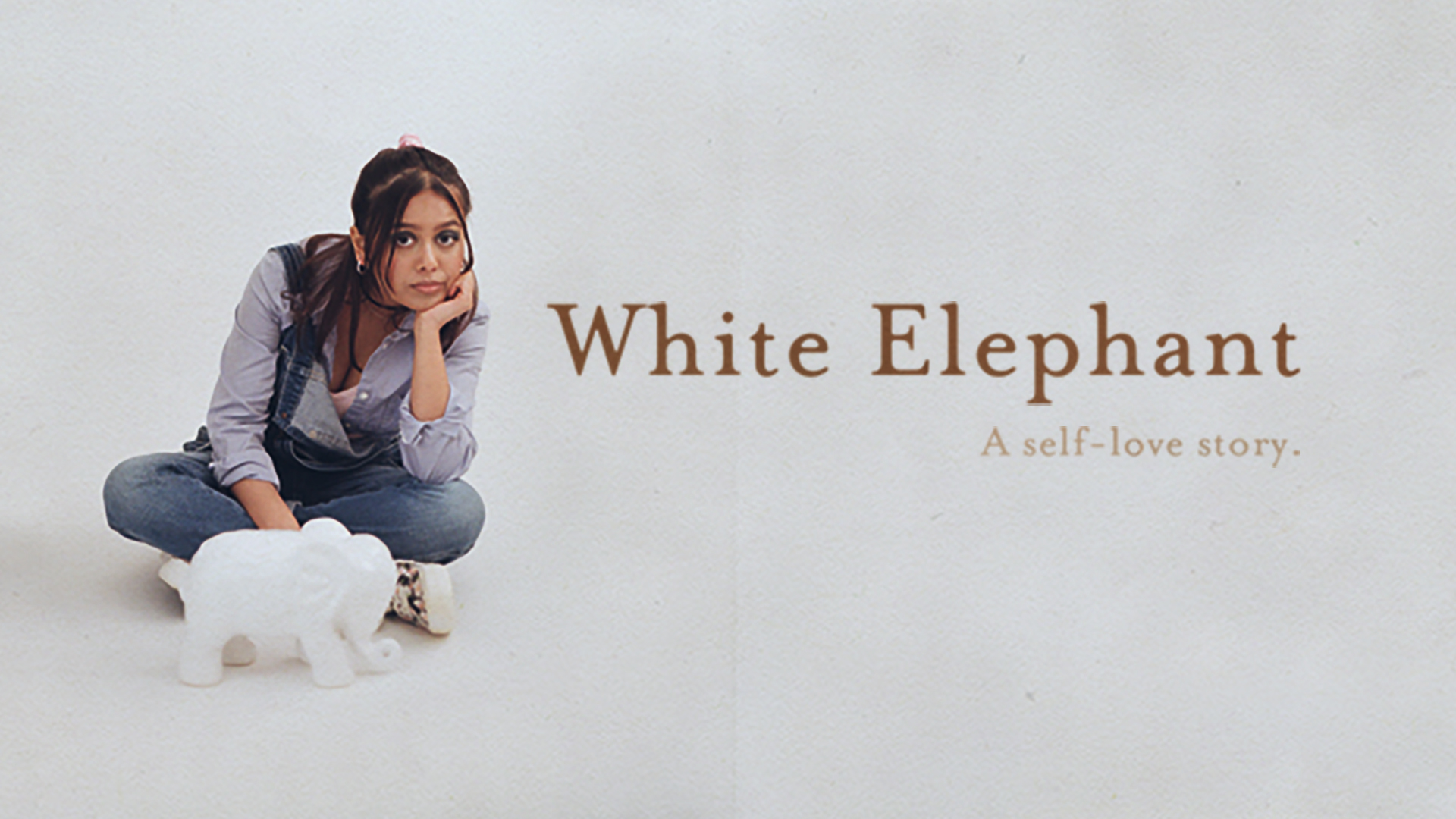


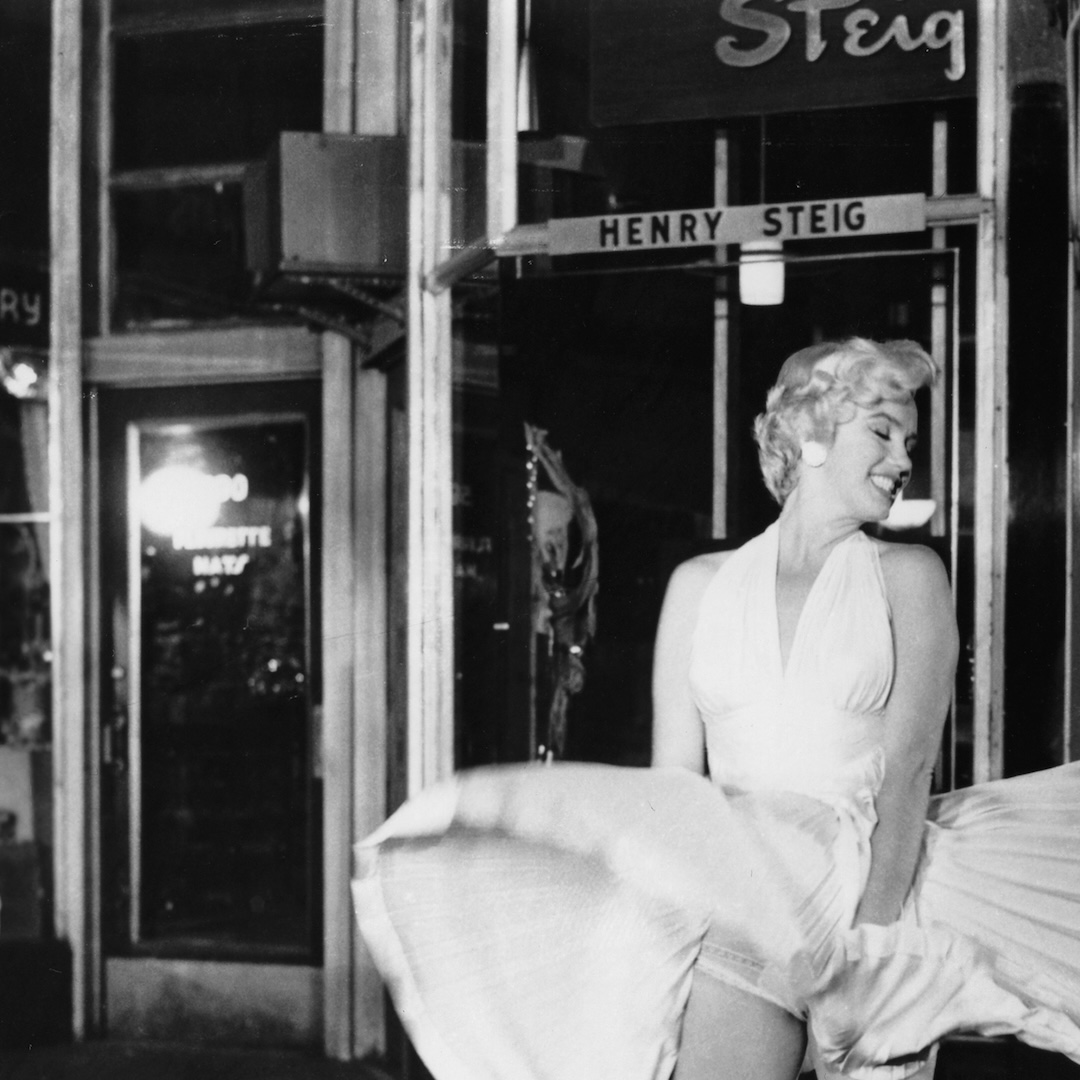

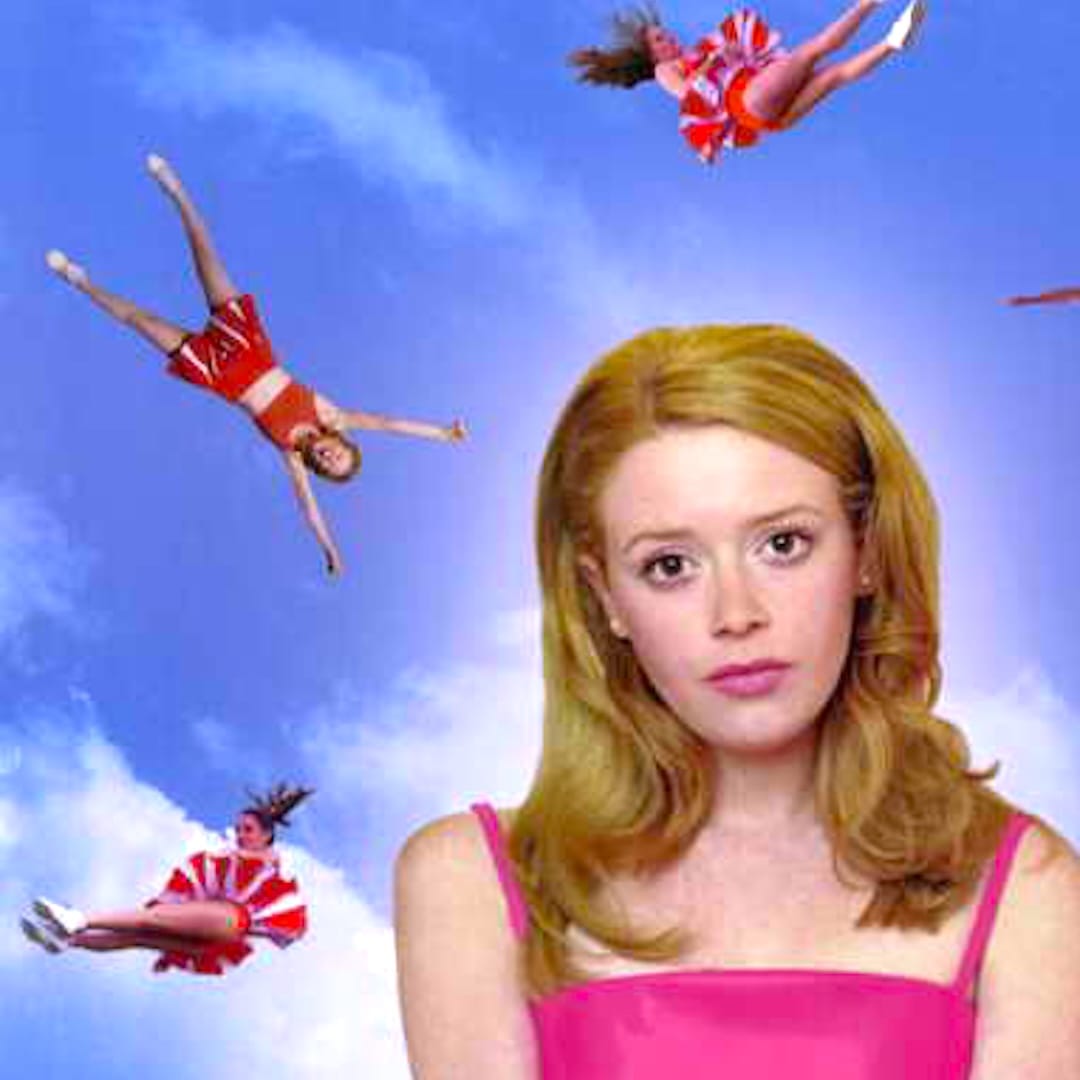
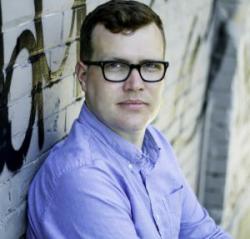
 Follow us on Instagram
Follow us on Instagram